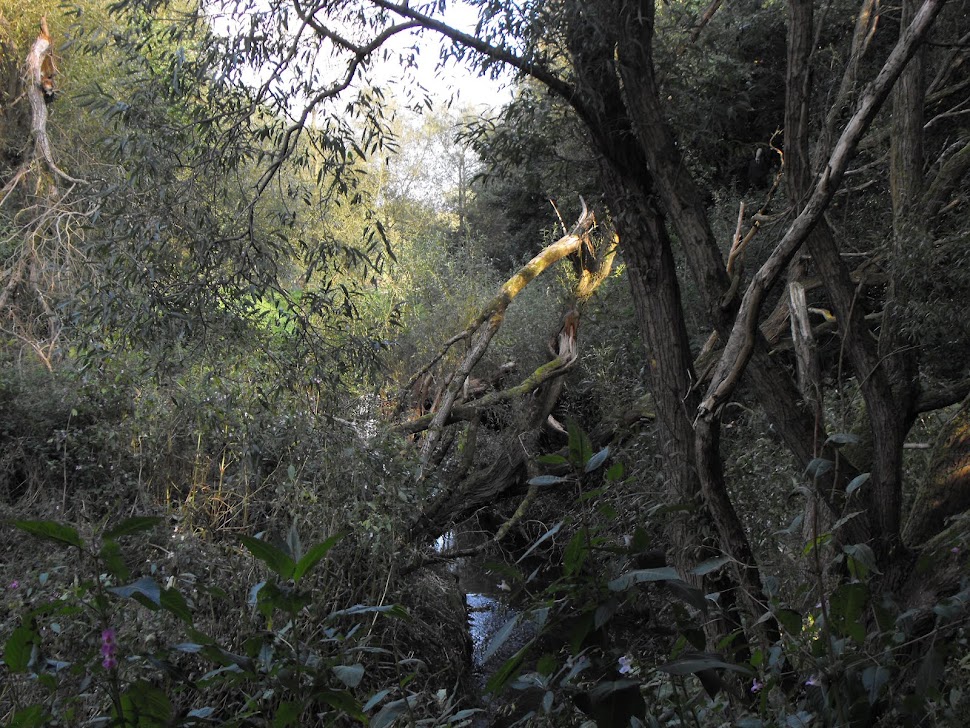Although I still catch myself heading towards the door for a meeting with a friend I had scheduled until I realised that it was never scheduled, that that friend no longer is around.
But that's not what I came on to write about. More scheduled posts, quite a few. So I didn't recognise those words at first, but a quick google told me that they come from the novel As I Lay Dying. Pretty apt name. Pretty good book as well. The picture was a recent post, I just forgot to tag it, so it blends in with the other old ones. I uploaded it from a scan of
I don't know that there's much more to say on the posts. All in all pretty disturbing. I definitely had something about myself in mind when I wrote them - the 'Irrealis' and 'trees' posts that is - and it's not hard to tell what it was. Makes me think of ripples. I think George Eliot remarked on the way every motion of every life will have wider influences; which of course wasn't only her idea (Chaos Theory etc. etc.). But I'm not so sure how much lingers. Did you know that the word 'linger' comes from the Sanskrit dīrghá; to the same root apparently as the Greek ἐν-δελεχής, meaning 'perpetual'? Some people also think it comes via the Gothic tulgus ('firm, persistent'), Old Saxon tulgo ('very'); all of which might connect to the Latin indulgēre ('to indulge'(originally to be 'long-suffering towards'(maybe))). All's very prolix, I'm sorry.
Words linger. I think that much is clear. And I knew that then as I know that now. And even with all that, I know that there is nothing perpetual in lingering.

